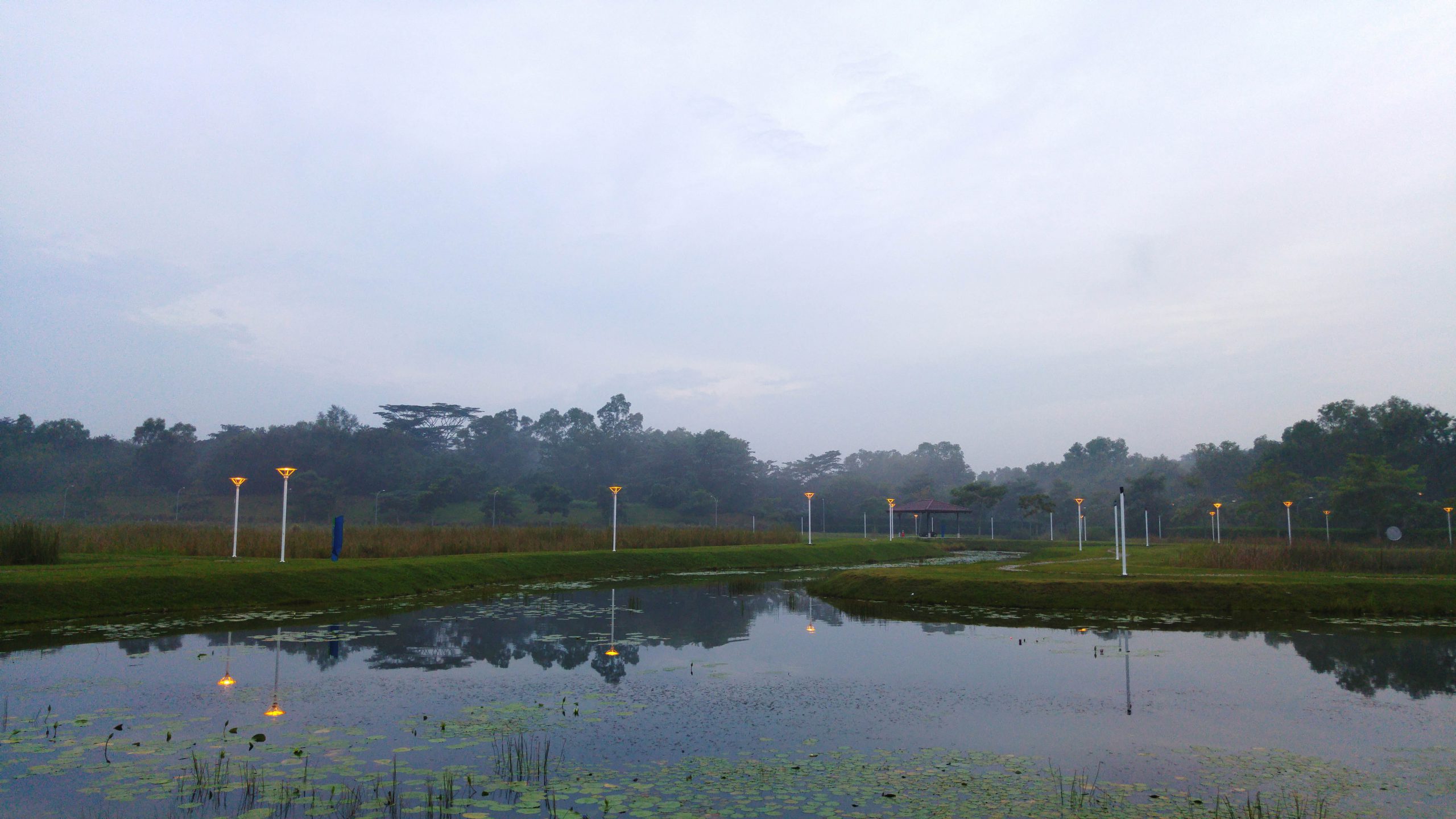Motivating household water conservation: A field experiment in Singapore
March 22, 2023

World Water Day takes place every 22 March. Nowadays, the problem of water scarcity has been aggravated by the rapid population growth and climate change. Individual households can contribute their part to the goal of water conservation.
In ‘Motivating household water conservation: A field experiment in Singapore’ (Plos One, 2019), Professor Lorenz Goette (NUS Economics), Associate Professor Ching Leong, and Dr Neng Qian (both NUS Lee Kuan Yew School of Public Policy) use results from a field experiment to test and compare different incentives in motivating water conservation.
In order to identify the most powerful incentives for households to conserve water, the researchers studied the water consumption patterns of 1,000 Singaporean households. The participating households were randomly assigned to five groups. The groups consisted of (1) the control group, who did not receive any information or feedback from the researchers about their water consumption; (2) the campaign group, who received messages with the headline ‘Use Water Wisely’ and general information about why one should save water; (3) the feedback group, who received feedback about their water consumption for the last measurement period and an ‘Efficient LPCD (litres per capita per day)’ benchmark(households were explicitly identified as ‘Efficient’ or ‘not yet Efficient’); (4) the rebate group, who received feedback messages and would win a $10 voucher if they were ‘efficient’; and (5) the lucky draw group, who received feedback messages and had a chance to win $200 voucher if they were ‘efficient’.
Data shows that compared to water consumption of the control group, each of the four incentives motivates households to save around four litres per capita per day. This result carries statistical significance only in relation to the campaign group, suggesting that receiving ‘Water Saving Tips’ makes a difference. Conversely, neither normative incentives (feedback messages) nor monetary incentives (vouchers) carry a significantly different impact on water saving. The authors postulate that this could be because the standard set to qualify as ‘efficient’ is too high, so households were not motivated to respond to the additional normative or monetary incentives.
Moreover, high baseline households, who originally consumed more water per capita per day than the median household does, are more responsive to the incentives provided. The effect of the experiment on them is much more significant than on households whose water consumption is originally below the median water consumption level.
The authors argue that receiving periodic information with water saving tips can encourage household water conservation. Such efforts raise the awareness of the importance of water saving and provide practical advice on how to save water. However, it remains unclear whether normative and monetary incentives really have no significant effect on water conservation.
Read the article here: https://doi.org/10.1371/journal.pone.0211891
